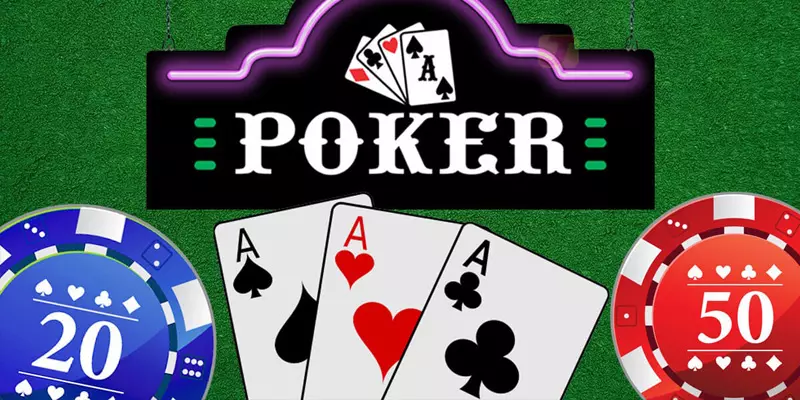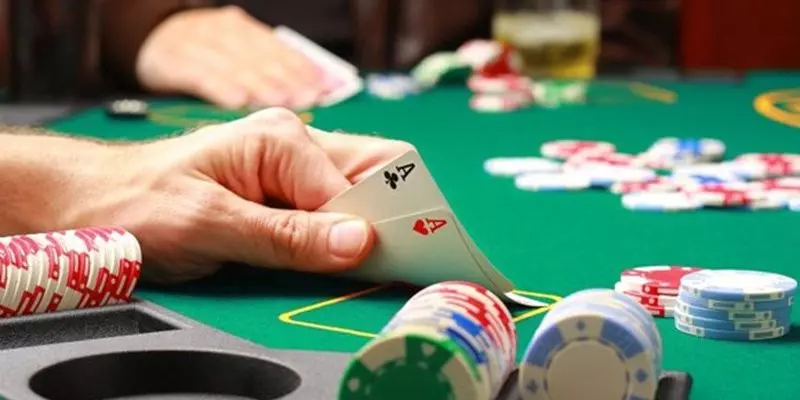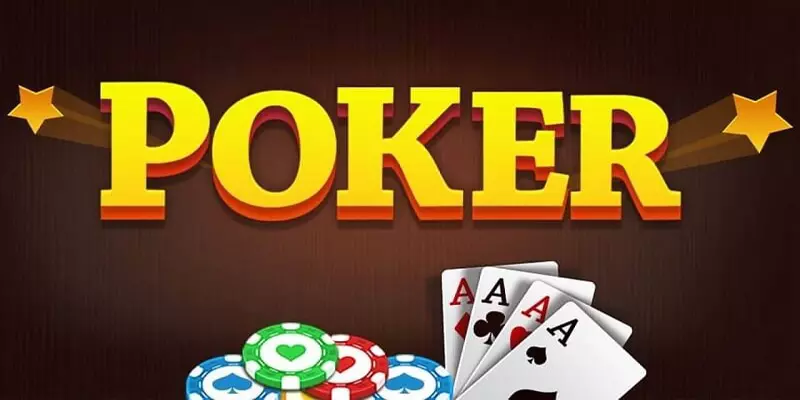Poker is a card game played with a 52-card deck and comes with various terms that can be difficult for players to recognize. Below is a comprehensive and easy-to-read article on Important Poker Terms at Jilino1 to help you grasp them.
Why Is It Important to Understand Important Poker Terms?
Understanding Important Poker Terms is crucial for anyone who wants to play this game effectively and confidently.
- Mastering the Rules: Understanding Important Poker Terms helps you grasp the rules and basic principles of the game. This is essential for playing correctly and avoiding mistakes due to misunderstandings of the game’s requirements.
- Reading the Game Situation: Important Poker Terms are not just the language of the game but also help you quickly read and understand the situation at the table. Knowing terms like “flop,” “turn,” “river,” or “bluff” will assist you in analyzing and making better strategic decisions during games.
- Optimizing Your Strategy: Knowing and understanding Important Poker Terms helps you build and optimize your playing strategy. For example, terms like “bluffing,” “pot odds,” and “position” are crucial factors that determine how you play each hand.

See more: Football Sports Betting: Tips and Strategies for Success
Important Poker Terms
You’ve likely encountered specialized terms that frequently appear in poker guides or online poker rooms. Don’t worry if you haven’t grasped them yet, as Jilino1 brings you a comprehensive article compiling the most common poker terminology.
Important Poker Terms Related to Poker Table Positions
Dealer: The dealer is the person who deals the cards. In each casino, there is typically a dedicated professional dealer. However, in casual games, the role of the dealer rotates among players. Thus, the dealer is considered the last to act in the betting rounds.
- Small Blind (SB): The small blind is the player seated directly to the left of the dealer. The SB is required to post a mandatory bet that is typically half of the big blind (BB), or it could be the entire stack of the player if their total chips are more than the amount left on the table.
- Big Blind (BB): The big blind is the second player to the left of the dealer and the first to place a bet for the new hand. It’s important to note that the BB must bet twice the amount of the SB.
- Early Position: This is a position in the betting round where the player must act before others at the table. Specifically, it refers to the third player to the left of the dealer.
- Dealer Button (Button): The button indicates the dealer’s position for the next hand. This position is marked by a small round plastic chip with a “D” on it. This button moves clockwise to the next player after each hand. The player with the button in front of them is the dealer for the next hand.

Poker Players
Poker players can be categorized into various types:
- Aggressive: This refers to players who are highly aggressive and often raise the stakes in the game.
- Tight: A tight player is conservative and careful. They only continue playing with strong hands, significantly increasing their chances of winning with cards like 88+, JTs, AK, AQ, and KQ.
- Loose: Loose players participate in many hands and are further classified into two types: Loose Passive (plays many hands passively) and Loose Aggressive (plays many hands actively).
- Passive: Passive players tend to check and call more frequently while having a lower tendency to bet or raise.
Important Poker Terms for Actions
- Fold: Discard your hand. If your cards are not strong enough to continue betting, you can fold, forfeiting any money you have already wagered.
- Check: Decline to bet when no one else has bet before you.
- Bet: Place a wager. Players can only bet if no one else has bet yet. Common bets include a Small Bet (half the pot), a Larger Bet (over two-thirds of the pot), a 3bet (three times the big blind), and a 4Bet (four times the big blind).
- Call: Match the previous player’s bet.
- Check-Raise: When a player initially checks but later raises after someone else bets.
- Bluff: Deceive your opponents into thinking you have a strong hand. Bluffing can involve various tactics, such as raising bets, betting patterns, or external expressions and behavior.
- All-in: Bet all the chips you currently have on the table.
Some Other Important Poker Terms
In addition to common terms in Important Poker Terms, there are also slang and less frequently used terms, including:

- Ante: A small amount of chips that players must bet before each hand is dealt in a new round of a tournament. The ante varies based on the specific rules of each tournament.
- Bankroll: The total funds (chips purchased) a player has.
- Bankroll Management (BRM): The method of managing one’s funds, which is essential to avoid going broke.
- Bad Beat: Losing a hand despite initially having strong cards.
- Buy-in: The amount of money required to enter a game or table. Part of the buy-in is considered the house fee, and the rest goes into the prize pool.
- Calling Station: A player who rarely folds, even with weak cards.
- Cold Call: To call a bet when there has been a significant bet or a raise and a bet made before your turn.
- Community Cards: Shared cards on the table that all players can use.
- Dead Hand: A hand that is considered dead or invalid.
- Draw Hand: A hand that needs one more card to complete a strong combination.
- Final Table: In a knockout round, the last remaining players form the final table.
- Fish: A weak or inexperienced player.
- Flat Call: To call instead of raising with strong cards.
- Freeroll: A tournament with sponsored prize money.
- Freezeout: A format where players cannot buy more chips once they lose their initial stack.
- Full Ring: A table with the maximum number of 10 players.
- Hand: A single round of play or a player’s cards.
- Heads Up: A situation where only two players remain at the table.
- Hole Cards: A player’s private cards.
- Kicker: A card used to break ties when players have similar strength combinations.
- Slow Play: Playing strong hands passively to trap opponents.
- Slowroll: Deliberately taking time to reveal a strong hand to provoke and tilt an opponent.
Understanding these Important Poker Terms at Blog game, not only enhances your playing skills but also increases your chances of success in poker games. With support from Jilino1, you can easily grasp and apply these terms to your playing strategy. Don’t hesitate to explore and learn more interesting aspects of poker.
